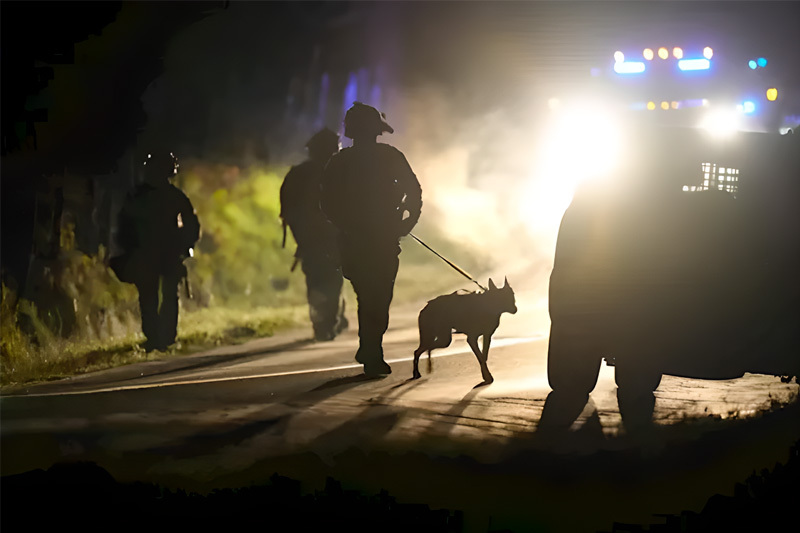
Robert Card Still At Large: Could Red Flag Laws Have Prevented Maine Shooting?
The hunt for a US army reservist suspected of killing 18 people and wounding 13 more in mass shootings at a bar and a bowling alley in Lewiston has entered its second day.
On Thursday night, law enforcement surrounded a rural home owned by Robert Card‘s family in neighbouring Bowdoin for more than two hours, with an FBI agent issuing orders over a bullhorn to “come out with your hands up,” but apparently nobody was inside.
Mike Sauschuck, the Maine commissioner of public safety, said the suspect had mental health issues and was released this summer after a short stay at the treatment facility.
What Do Public Records Say About Robert Card?
The incident, which took place at about 7 PM on Wednesday, was the 565th mass shooting in the country, according to the Gun Violence Archive.
Victims have begun to be named by relatives. On the night of the shootings, Card’s trail led to Lisbon, about 11 km to the south-east, where Maine state police found a white SUV they believe the suspect used to get away and parked at a boat launch on the river.
According to public records, Card, 40, has three watergraft registrations: a Bayliner and two Sea-Doos. And his colleagues told CNN he was a skilled marksman.
Keep Reading
What Could Have Prevented The Mass Shootings?
Guns are lightly regulated in Maine. The US state does not require a permit to buy or carry a gun. About half of all adults in Maine are believed to live in a household with a gun.
The state does not have “red flag” laws seen in some others that allow law enforcement to temporarily disarm individuals deemed to be dangerous. The US representative Jared Golden, a Democrat from Lewiston, has called on the Congress to “ban assault rifles”.
However, efforts to ban the powerful weapons have run up against opposition from Republicans, staunch defenders of the constitutional right to bear arms.




